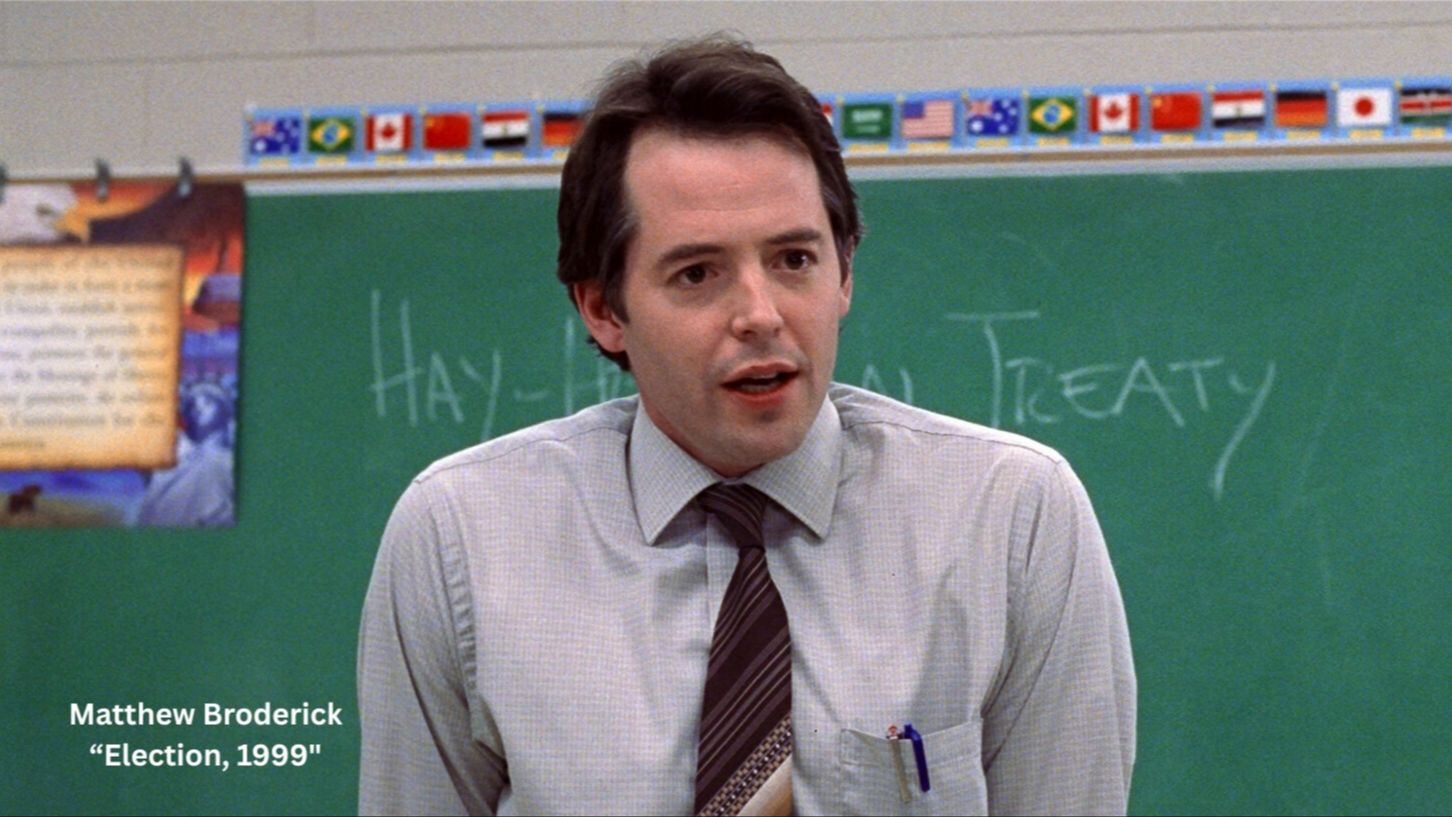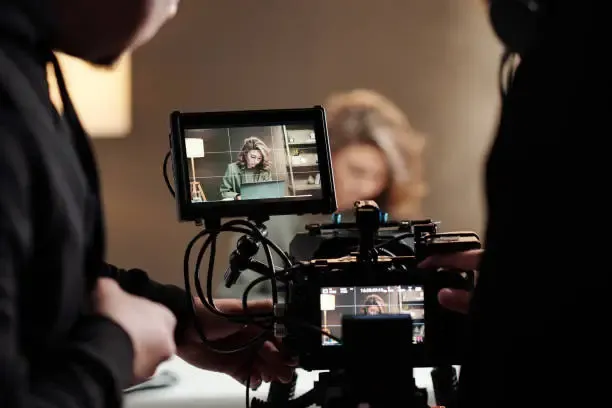🎬 Those Who Can, Teach—So They Can Keep Doing
Nov 10, 2025
I’ve always considered myself a natural teacher. I love sharing what I know about filmmaking—much to the chagrin of a few crew members who’ve had to sit through my impromptu “mini-lessons.” I’m constantly fielding calls from filmmakers asking for advice or direction.
There used to be a saying: those who can, do; those who can’t, teach.
My version? Those who can, teach—so they can keep doing.
For a long time, that old saying held me back from launching my filmmaking masterclass. I can and I do—but in today’s ever-changing filmmaking economy, diversifying isn’t optional; it’s survival. Maybe it always has been.
Think about it.
Actors don’t just act. They do film, TV, commercials, then jump into perfumes, clothing lines, makeup, vitamins—you name it. And let’s be honest, not all of them are doing it for the love of the thing; they’re doing it so they can keep doing the thing they love.
As a proud Gen X-er, I grew up under that “starving artist” badge of honor like it was a military medal. We were taught that struggle equals authenticity. But somewhere along the way, I learned from Millennials —that’s just the bean counters gaslighting us. I held onto that mindset for years. I even turned down commercial work because I didn’t want to get “seduced by the money.” Yep. I said that.
Now? I’d trade one of my siblings (don’t tell them) to land a steady commercial client. 😅
The New Reality
Gone are the days when you could make a comfortable, middle-class living as crew on a movie or TV show. I’m not talking about producers, directors, or stars—I mean the people who actually make the magic happen. The grips, the sound mixers, the coordinators who keep the train on the tracks. Those steady gigs are fewer and farther between, so multiple income streams aren’t just a luxury—they’re the new baseline.
I used to think of any job outside of filmmaking as my “second job,” or call side projects my “side hustle.” I don’t see it that way anymore. A job implies you’re working for someone else. A side hustle implies it’s temporary.
What I’m talking about is building a creative ecosystem—multiple streams that support your art and your lifestyle.
Diversify Like a Pro
It’s not easy. You can’t just wake up and say, “I’m gonna bake cakes as a side hustle,” and expect the money to roll in. It takes time, energy, and strategy. And to be fair, one of your streams of income might look like a second job—but ideally the others should align with your passion.
For me, filmmaking classes are directly tied to my art. But I’m also passionate about real estate as an income stream. I’d love to add interior design too—but I’ll leave that to the people with actual interior design ability.
The key is to choose things you don’t mind doing. Recognize that you will have to put in a work upfront so the business (and it is a business) can run itself later. Think in tiers:
- Active income (your art, teaching, freelance gigs)
- Passive income (investments, rentals, digital products)
You can find traditional ideas for additional income streams all over Google—stocks, DoorDash, surveys—but the real power is in creative income that complements your craft (so you don’t hate doing it).
Here are some ideas for artists to expand their portfolio:
- Write copy for websites – Especially for artists and filmmakers who need someone who gets their tone.
- Design websites – Use templates like Squarespace, Wix, or Kajabi to create sleek portfolios for others.
- Teach AI or creative tech tools – Show artists how to use AI to elevate—not replace—their creativity.
- Plan events – Curate screenings, workshops, installations, or creative pop-ups.
- Shoot niche-style wedding videos – Think cinematic, music-video-style love stories.
- Offer behind-the-scenes content services – BTS videos, podcast footage, or social reels for other artists to use in marketing and on social media.
- Create digital products – Sell e-books, templates, or filmmaking guides that extend your expertise.
- Host workshops or live classes – Online or in-person. People will pay to learn from your process.
- Consult or coach creatives – Help others develop projects, budgets, or festival strategies.
- License or sell your unused work – Stock footage, B-roll, photos, or even scripts gathering dust.
Final Take
-Don’t be fooled by all the get rich quick gurus—it takes effort to build multiple streams of income. But once you get them flowing consistently, you can control how much time you give them. But more importantly, you get to continue making your art and quite possibly more of it.
Yours in Filmmaking,
Nicole
P.S. I talk about all this and more in my Self Paced Movie Making Masterclass is available. If you’re ready to produce your own film — with a little less guessing and a lot more guidance — learn at your own pace. Your one masterclass away from making that film.
🎬 The Filmmaker Starter Pack
A FREE cinematic toolkit to kickstart your first feature-including Nicole Sylvester's funding guide, microbudget video replay, templates, and live consultation access.
When you sign up for a resource, I'll also send you email updates on my latest blog posts, VIP content and the occasional product recommendation. Of course, I will always respect your privacy and data.

